TruthVid's 100 Proofs that the Israelites were White, Part 20: 42, Major word mistranslations or misunderstandings that occur repeatedly throughout the Bible, continued: Satan and Devil, Nephilim and Giants, Devils, Demons and Satyrs, Salvation and ...
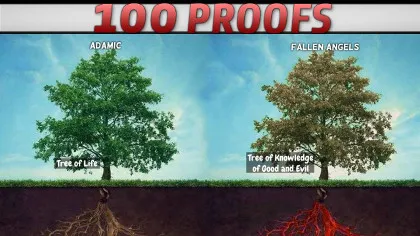
TruthVid's 100 Proofs that the Israelites were White, Part 20
This is our fifth discussion of point 42 in TruthVid’s 100 Proofs that the Israelites were White. Once again, we have already explained that this review of the meanings of certain words does not explicitly prove the race of the Israelites. But understanding the true meanings of many Biblical terms does help to prove that word meanings were obfuscated by the churches so as to distort the many other evidences that the message of Christ and His apostles and prophets is solely intended for White Europeans.
42 continued) Major word mistranslations or misunderstandings that occur repeatedly throughout the Bible.
Satan and the Devil
The word satan is a common Hebrew word which was used in the New Testament in a particular manner, and therefore in order to properly understand what it means we must examine its use and meaning in Old Testament Hebrew. In many passages, it is clear that a satan is only an opponent or adversary, and in many different contexts the word was applied to men. For example, David was called a satan or adversary to the Philistines in 1 Samuel 29:4, and Hadad the Edomite was called a satan, or adversary, to Solomon in 1 Kings 11:14. Rezon the son of Eliadah was also a satan or adversary to Israel in the days of Solomon, in 1 Kings 11:25. From the perspective of men, even an angel of Yahweh was an adversary, or satan to Balaam in Numbers 22:22. Then in the same context later in the chapter, at 22:32, the same word, satan, is a verb translated as withstand.

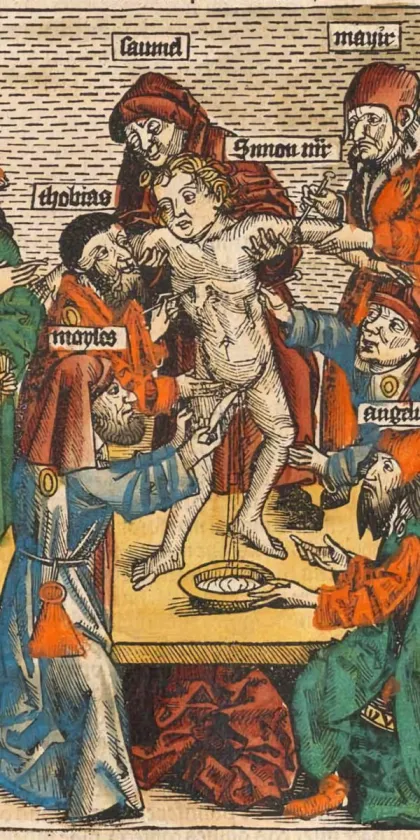
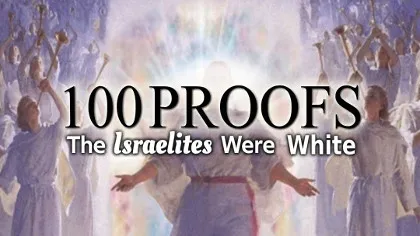



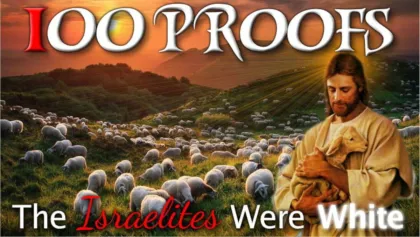
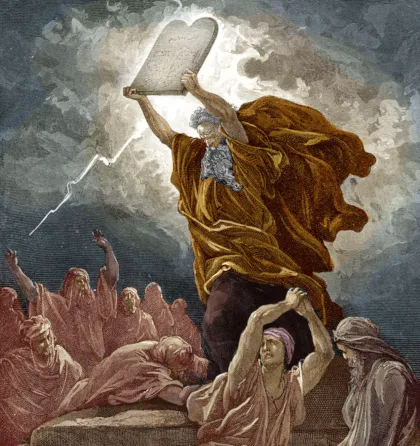




 Please click here for our mailing list sign-up page.
Please click here for our mailing list sign-up page.








Recent comments